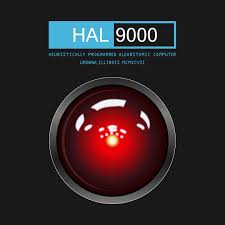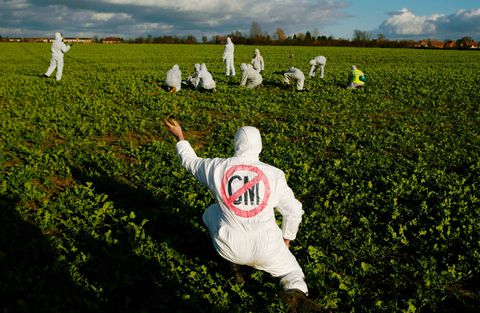Aug 08 2019
QAnon – A New Kind of Conspiracy
 The details of the conspiracy theory itself are not the most interesting thing about QAnon. The core of this particular conspiracy is that Trump is secretly very competent, that he is investigating a world-wide sex-trafficking, demonic pedophilia ring run by the Democrats, and that Robert Mueller is secretly working with him and the whole Russia investigation is just a cover for this. Further, JFK Jr. faked his death in order to join Trump’s efforts, and is now the real person behind Q, the insider who is leaking information to the public in order to summon the faithful in this epic struggle.
The details of the conspiracy theory itself are not the most interesting thing about QAnon. The core of this particular conspiracy is that Trump is secretly very competent, that he is investigating a world-wide sex-trafficking, demonic pedophilia ring run by the Democrats, and that Robert Mueller is secretly working with him and the whole Russia investigation is just a cover for this. Further, JFK Jr. faked his death in order to join Trump’s efforts, and is now the real person behind Q, the insider who is leaking information to the public in order to summon the faithful in this epic struggle.
This is all transparent nonsense, but it is no more nonsensical than the notion that the entire Apollo program was faked, that 9/11 was an inside job, or that the Earth is actually flat.
Some have argued that what is different about QAnon is that the deep state faction secretly running the government is this fantasy are the good guy, when is most conspiracies they are the bad guys. But this, I think, is a superficial narrative point. In grand conspiracies the conspiracy theorists are part of a small “woke” army of light trying to expose an even deeper malevolence, and QAnon fits that mold perfectly.
What’s different about QAnon is that it appears to be an evolution of the conspiracy theory into a new kind of phenomenon, one that combines elements from social media, video games, and live-action role playing. Like all conspiracy theories, QAnon offers an alternate version of reality. But in this case believers are more actively engaged. They are just reading and talking about the conspiracy, they are actively engaging in it. The mysterious person Q (not sure if it is actually one person at this point) will drop hints to followers about what is going on or what is about to happen. The Q conspiracy theorists then have to decode these secret messages. But further, Q will give tasks to its followers. These are usually small tasks, such as posting something on Facebook or Tweeting a message. But they could be bigger. They could involve action in meat-space, and even involve violence.
This is part of a more general phenomenon, called internet role-play. This is just another form of fantasy role-playing using a new medium. In the 1970s and 80s table-top roleplaying became popular, with five or so people sitting around a table rolling dice. Then live-action roleplaying took off, with tens to hundreds of people gathering at a camp site or other venue, dressed as their characters, for a weekend of immersive roleplaying. Now, you can engage in a roleplaying game without leaving your computer chair.

 Recent mass shootings have once again fueled discussion about the role of video game violence (VGV) and aggressive behavior. This is an enduring controversy, which is a real scientific controversy (not just a political one) because the research is highly complex.
Recent mass shootings have once again fueled discussion about the role of video game violence (VGV) and aggressive behavior. This is an enduring controversy, which is a real scientific controversy (not just a political one) because the research is highly complex. Are we eating apples wrong?
Are we eating apples wrong?  The BBC reports a case
The BBC reports a case 





